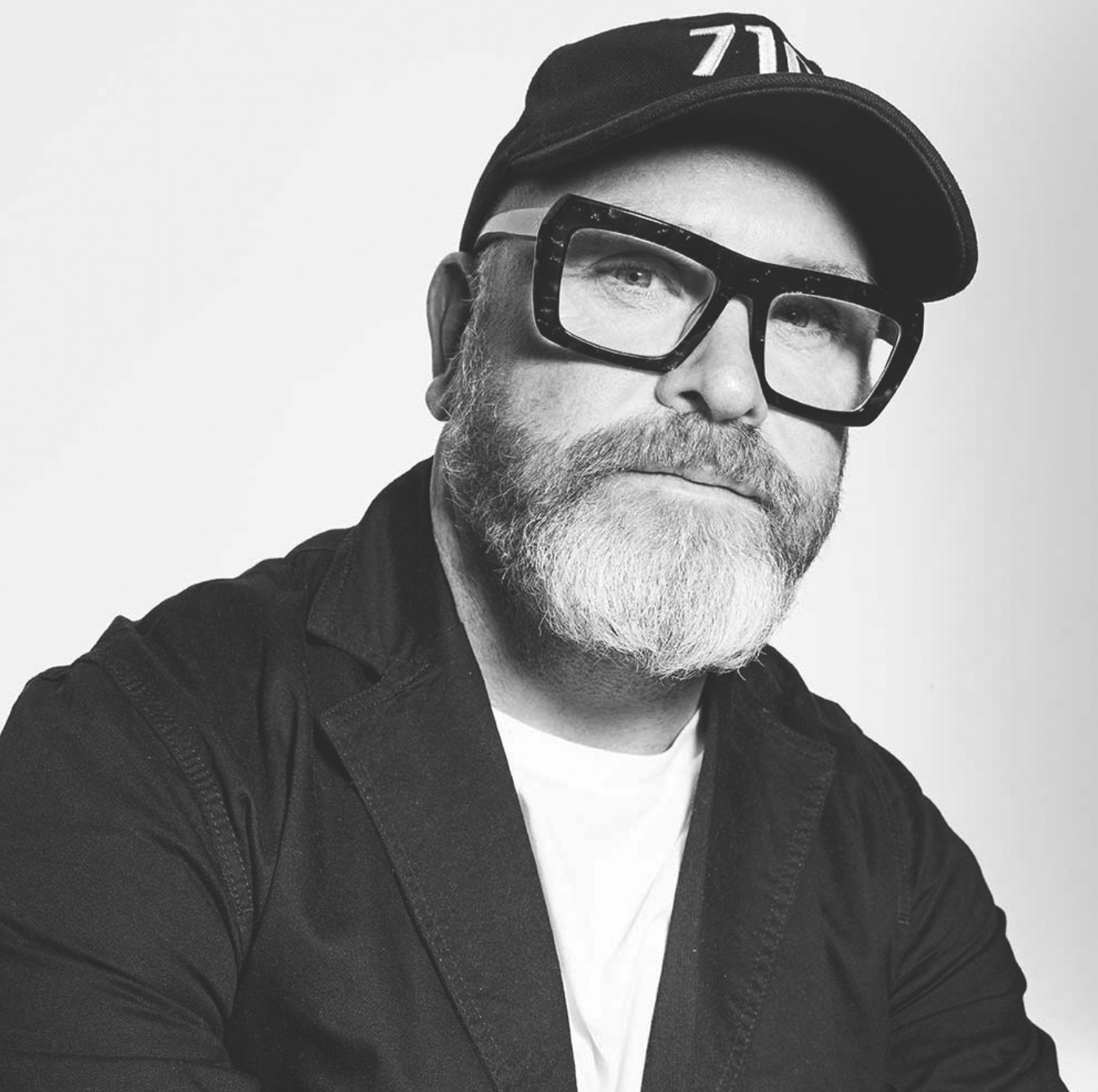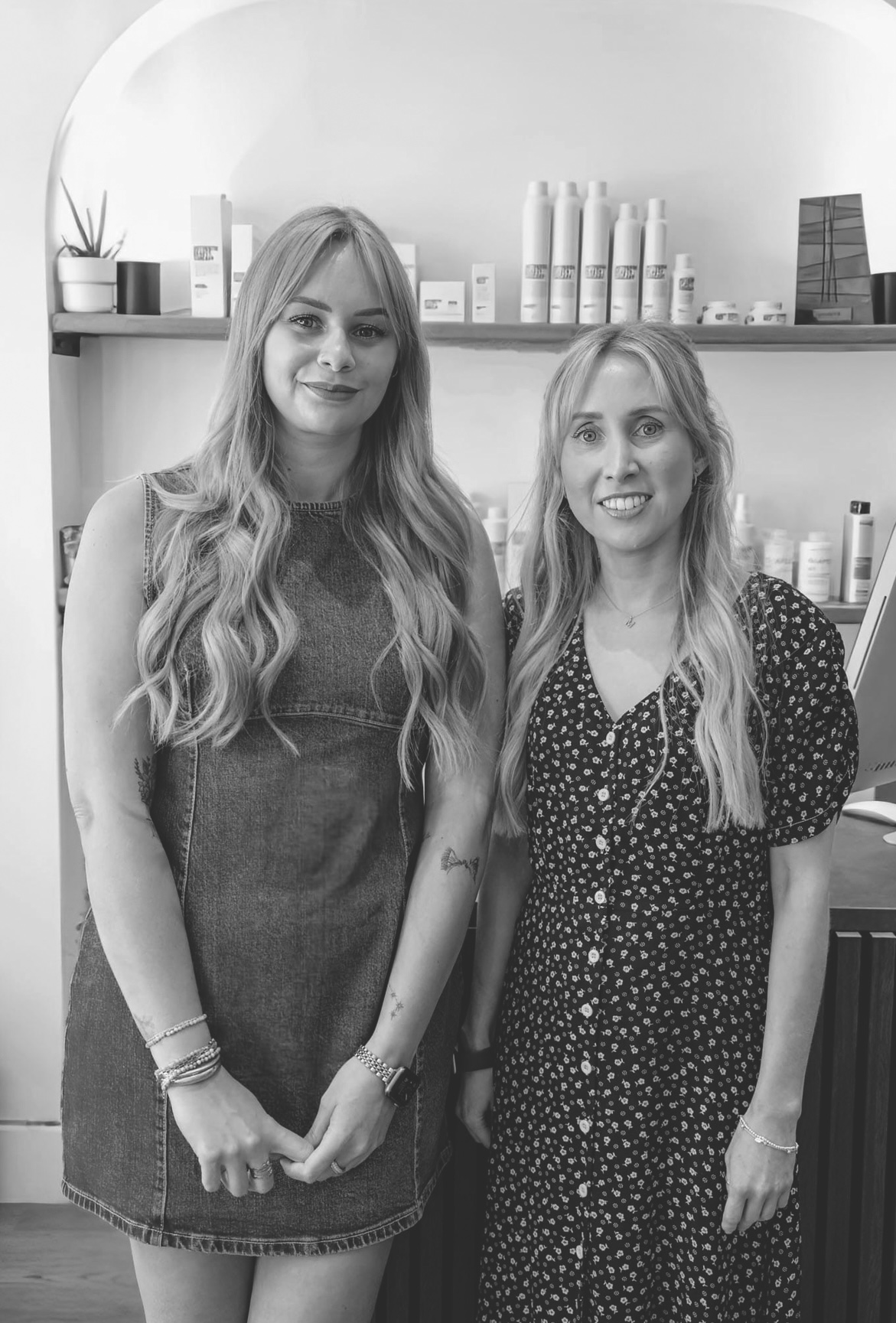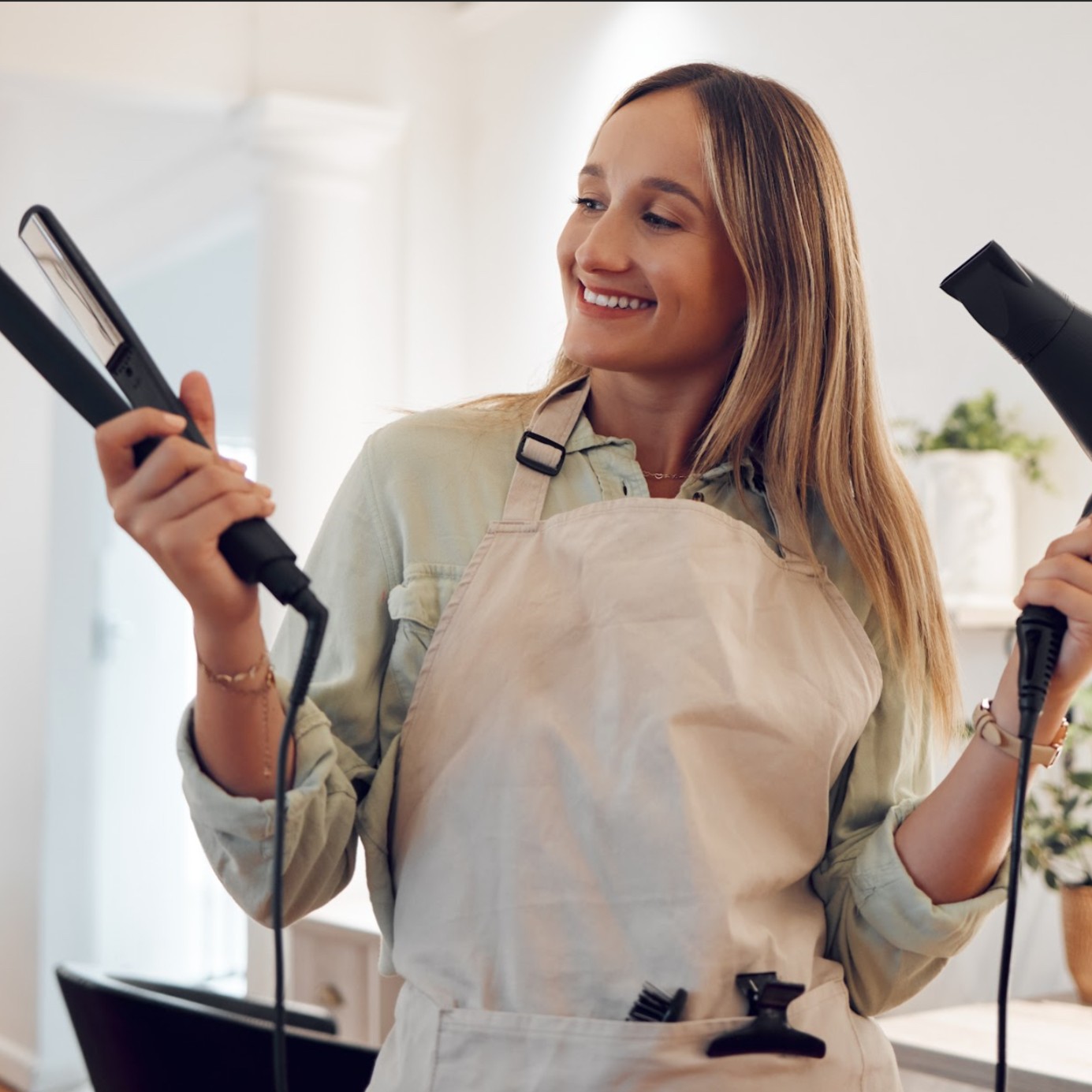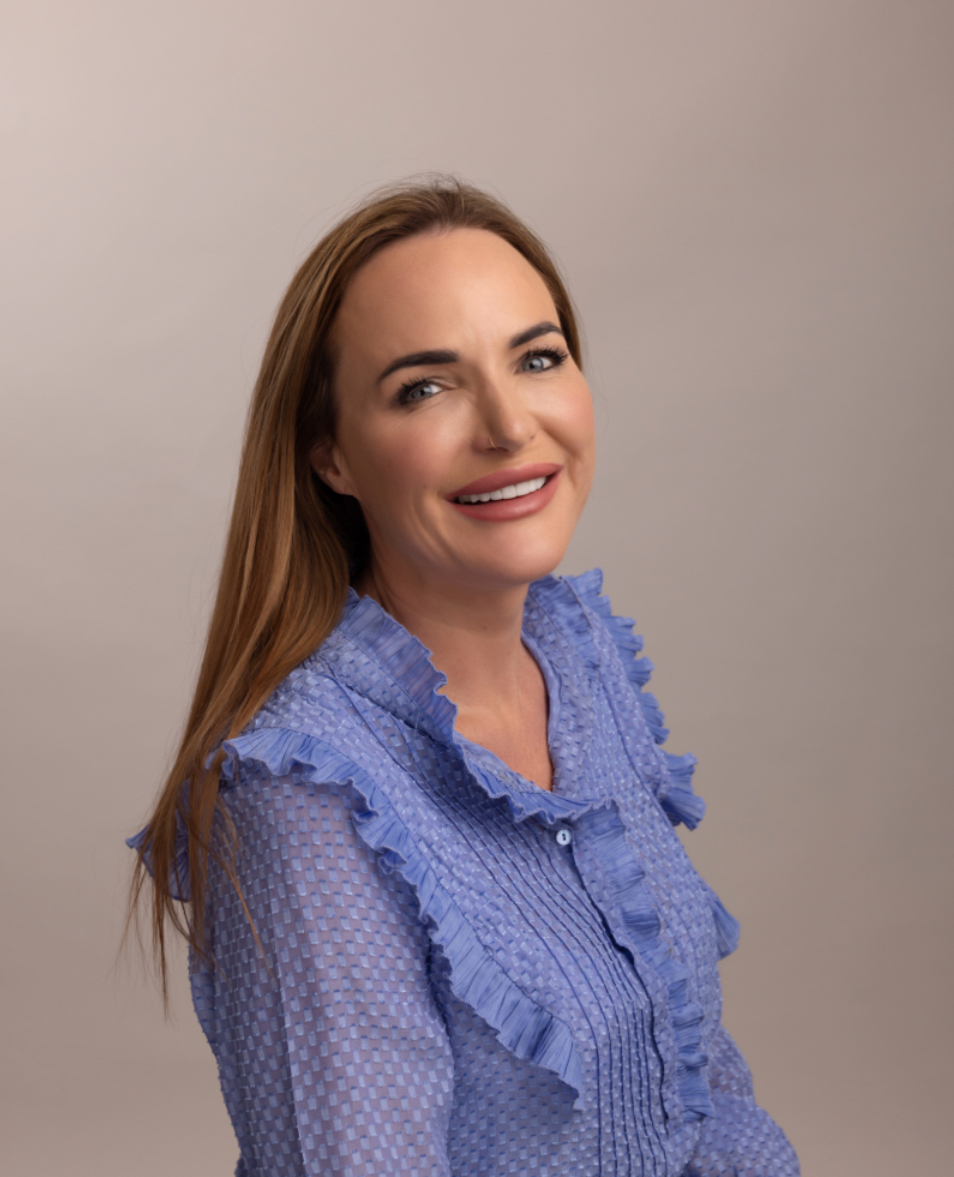It's time for retail real talk- these salons tell us how strong their teams' selling points are...

COLIN MCANDREW, MANAGING DIRECTOR, MEDUSA
“Some of my team are brilliant at retail, others struggle, and that’s
completely normal. I know it’s a cliché, but retail isn’t about selling a product, it’s
about building trust, recommending the right solutions, and solving problems for clients. The stylists who excel don’t push
products; they have conversations and build
relationships. They know their client's hair, they use products with purpose, and they explain why. It’s as simple as: ‘This is what I’m using on you today, and here’s how it will help at home.’ When advice is genuine, clients listen. They buy, but more importantly, they return. That loyalty translates into stronger columns, better retention, and ultimately more income. Some stylists can hold back because they fear sounding pushy. That’s where leadership and culture matter. If retail is positioned as part of the service, not an afterthought, the whole mindset shifts. It’s no longer ‘selling,’ it’s completing the job properly. In all honesty, retail has not been our focus at Medusa this year. We’ve been putting our energy into building our Kickstarter team and our treatment KPIs. However, 2026 is our year for retail, and I’m already working on a strategy to strengthen our retail positioning. Yes, retail can feel hard but once it’s seen as professional problem-solving rather than selling, it becomes second nature. And when the whole team buys into that mindset, the ripple effect on client satisfaction and business growth is huge. And that’s our aim for next year.”

LORENZO COLANGELO AT THE GALLERY, TUNBRIDGE WELLS
“Yes, overall, I would say some of my team find it hard. The biggest threat to salon retail is price - clients can often find the same products online for less. The other barrier is that stylists sometimes feel like they’re being pushy, but that can be educated out of them. The irony is that the people who find retailing easiest don’t actually try to sell. They take a narrative approach – talking through what they’re using, why they’re using it, and how it’s going to work. That’s not selling, that’s just being a trusted advisor. If your goal is to make a client walk out with a bag, it will always feel awkward. But if your goal is to give the best advice, then it’s simple – would you like to take that with you today? That’s just a yes/no answer. Clients being more informed these days makes things easier. They already know they need something, so it comes down to whether we can meet that need. Cost can be the sticking point, but many clients don't want to risk getting the wrong product online – they want instant gratification too. For me, every business decision comes down to: how much effort for what gain? If we’re flogging our guts out recommending products we believe in, what’s the reward? Retail is no more than 8% of our turnover, so I’d rather focus on things like in-salon treatments, which deliver more value and elevate the whole salon experience. My advice to anyone who struggles is: forget retailing. Just give honest, helpful recommendations. That builds trust, loyalty and reinforces the client relationship – which is far more powerful than chasing retail KPIs.”
 KASEY PERKS AND DANI VINSON, CREATE SALON CARDIFF WALES
KASEY PERKS AND DANI VINSON, CREATE SALON CARDIFF WALES
“To be honest, we don’t find it hard, but we have worked hard to get to this point! We’ve found that the key to good retail sales is confidence in talking about the product, which comes from knowledge. Telling your clients what the product does, how it feels on the hair, and the key ingredients and benefits will help them understand why they need it. We ask them to feel their hair, and together, we describe what it feels like and what it might be. Recommending retail or treatments should always come up organically if you’re asking the right questions during your consultation. Recommending retail can seem daunting, but if you know your products inside out and you believe in them, it will become second nature. Salon-grade products often have a higher price tag because the ingredients are of a higher quality. We’ve found that when we explain this to clients and use our education to explain what those ingredients are and how they are beneficial, they often don’t mind paying more. They are assured they are getting a quality product that will deliver the results they want and usually last longer because it is more concentrated.”



